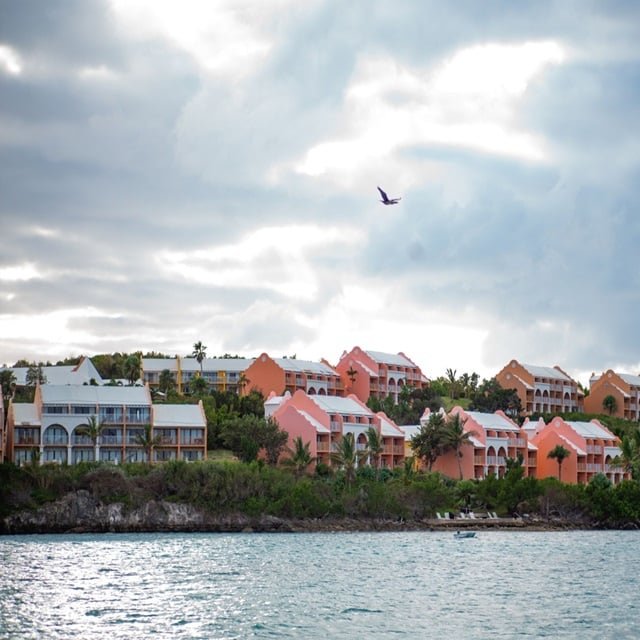Officials report that they subject the insurers to “close, intrusive and ongoing supervision.”
The Bermuda Monetary Authority is working to ease outside observers’ concerns about private equity firms’ rush to own life and annuity insurers based in Bermuda.
The agency recently put out a paper emphasizing that it is already addressing those concerns.
“PE insurers require an intensified supervisor engagement,” Bermuda officials say in the new paper. “Accordingly, within the BMA, they are scoped for close, intrusive and ongoing supervision due to the unique supervisory challenges they present.”
Private equity-linked insurers might try to benefit from differences between the regulations in Bermuda and other jurisdictions, but “there are a number of regulatory and supervisory tools aimed at preventing, detection and correcting such practices,” officials say.
What it means: The Bermuda Monetary Authority maintains that it can do a good job of watching over the insurers and reinsurers that now back a growing percentage of your clients’ life insurance policies and annuity contracts.
Private-equity-owned U.S. insurers: A private equity firm is an investment firm that can invest in stocks and other securities that are not available to ordinary public investors. Firm managers say they are a good fit for life and annuity issuers because they are sophisticated enough to understand the issuers’ value and like the idea of having relationships with companies with big pools of capital and long investment time horizons.
Regulators, members of Congress and others have wondered whether PE-owned insurers could run into problems because the PE firm owners invest the insurers’ assets in inappropriate ways, pull out too much cash, or expand too quickly using poorly designed, poorly priced products.
Analysts at Moody’s Investors Service suggested in June 2023 that basing an annuity business in Bermuda could make the finances of the business look too good, because Bermuda may count an insurer’s capital differently than U.S. regulators do.
The Bermuda Monetary Authority paper: In the new paper, Bermuda regulators emphasize that they aim to have outcomes that are equivalent to U.S. and European Union insurance regulator outcomes.
The National Association of Insurance Commissioners, the body that coordinates U.S. state insurance regulators activities, classifies Bermuda as a “qualified and reciprocal jurisdiction,” and it monitors the quality of Bermuda’s oversight carefully, Bermuda officials say.
Bermuda hosts annual regulator gatherings, participates in regulator groups hosted by other organizations, and talks to other regulators about transactions, officials report.
Bermuda officials note that they may sometimes look less active than they are because they often address matters such as concerns about conflicts of interest or investment strategies in closed-door meetings.
When PE firms apply to buy or start Bermuda-based life and annuity businesses, “more often than not, several changes are required in order for applications to be approved,” officials say.
Many of the changes involve the addition of limits on exposure to below-investment-grade assets and hard-to-sell assets.
In 2022, the BMA began to require all insurers to give it more detailed information about their investment strategies and risks.
In 2023, the agency began to require Bermuda-based reinsurers to get BMA approval for reinsurance deals involving large blocks of in-force annuity business and other in-force business. The BMA wants to see that an insurer’s home regulators support the block reinsurance deal, officials say.
Bermuda officials also talk about the value of international insurance and reinsurance activities.
Bermuda has a big, active reinsurance market.
The capital that investors provide to direct annuity writers and pension plans through reinsurance helps expand the supply of retirement solutions, officials say.
Grotto Bay Beach Resort & Spa in Hamilton Parish, Bermuda. Credit: Nicola Muirhead/Bloomberg

